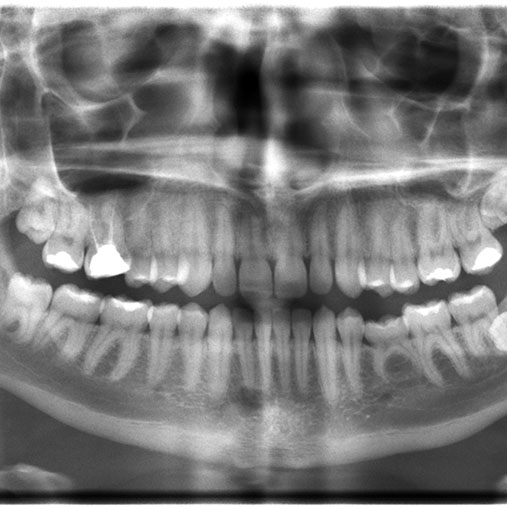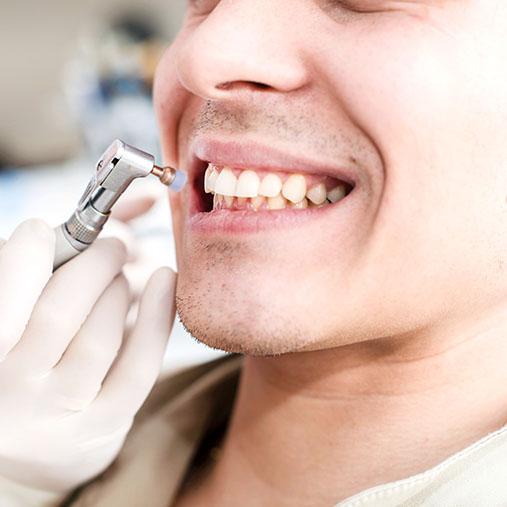At Cleansmile Dental, we believe that routine preventive dental care is the foundation for lifelong oral health and plays an important role in reducing the risk of several dental health concerns such as gum disease. Routine visits enable us to monitor a patient’s oral health and offer conservative treatment options or additional at home care to maintain healthy teeth and gums.
Check ups usually consist of a thorough examination of the mouth, along with x-rays to ensure the teeth are healthy inside and out. We recommend scheduling a checkup annually as tooth decay is progressive - so the sooner is it discovered and treated, the better the outcome.
You’ll love the way your teeth feel after a thorough cleaning from our in-house oral hygienist. We use the latest technology so your teeth feel squeaky clean, and will also show you how to maintain your smile with brushing and flossing at home. It is important for children to learn to care for their teeth at home from an early age and scheduling cleanings with our oral hygienist is a fun, easy way for them to learn.
A topical fluoride treatment is applied after a professional cleaning. Usually a fluoride gel or foam is placed in mouth shaped trays and inserted into the mouth for teeth to “soak” in for a few minutes. After fluoride application, we will ask you not to eat or drink for at least 30 minutes to allow for optimum absorption. Fluoride can re-mineralize small imperfections in the tooth enamel by attracting calcium to the teeth and can actually make teeth stronger! Years of research and use have proven fluoride to be a safe and effective means of fighting and preventing tooth decay.
Root planing involves detailed scaling of the root surface to decrease inflammation of the gum tissue. The dentist scales the root surface to smooth out rough target areas, eliminating plaque and biofilm development.
If your gum tissue is sensitive and diseased, local anesthesia can be administered to numb the tissue. If your teeth are sensitive before or after the professional cleaning, it may be recommended that you use a desensitizing paste to provide you with sensitivity relief.
A root canal is one of the most common dental procedures performed within our practice.
Root canal therapy is performed when trauma or decay reaches the nerve within the tooth. Symptoms of the infection can be identified as visible injury or swelling of the tooth, sensitivity to temperature or pain in the tooth and gums. This simple treatment can save your natural teeth and prevent the need of dental implants or bridges.



